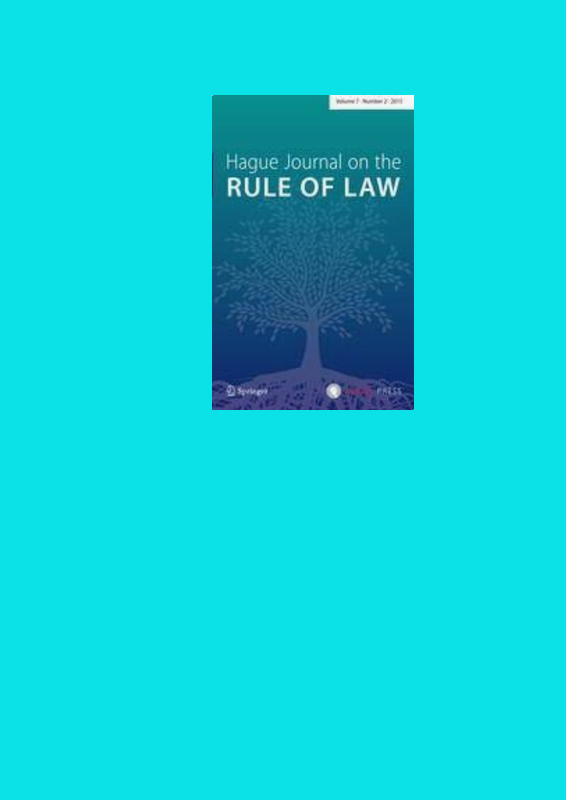Corruption and Separation of Powers: Where do Prosecutors Fit?
While much attention has been paid to the fact that corruption investigations and prosecutions may jail politicians and high echelons of the civil service, there has been less discussion about the institutional arrangements that may create incentives for prosecuting authorities, and whether and how these fit with the rule of law principle. The status of public prosecutors within the separation of powers principle varies from country to country, and so does the level of de jure and de facto independence. In most countries, prosecutors are part of the executive branch. This arrangement may be associated with lower levels of independence and less incentive to prosecute elected officials, raising a series of concerns about political influence in prosecutorial decisions. In contrast, if public prosecutors are independent from the executive branch, and are insulated from political influences, concerns with prosecutorial decisions that disregard their political, economic and social consequences come to the fore. In addition, different levels of discretion can be combined with different levels of independence, creating a multitude of possible scenarios that determine the incentives that may guide decisions to prosecute members of government for corruption. Brazilian public prosecutors’ offices illustrate how arrangements with high levels of independence and discretion raise concerns about the role of prosecutors in a rule of law system. We show how the institutional framework for Brazilian prosecutors impacted incentives to pursue corruption cases against politicians and high-ranked civil servants in the case of Operation Car Wash (Operação Lava Jato) in Brazil.
Mota Prado, M., Kerche, F. & Marona, M. Corruption and Separation of Powers: Where do Prosecutors Fit?. Hague J Rule Law 16, 643–669 (2024). https://doi.org/10.1007/s40803-024-00229-0

